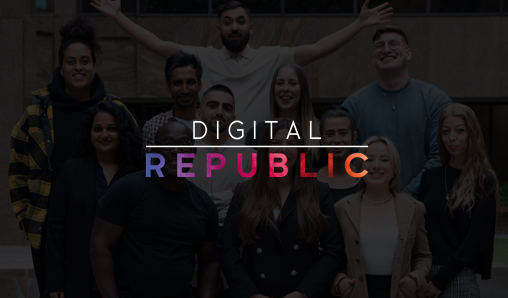
Data Science Job Trends for 2020, That Aspirants Need to Know
 Getty Images
Getty Images
In a world where 7.7 billion people live and contribute to the creation of 2.5 quintillion bytes of data every day, the job opportunities related to data science are humongous. A collection of limited data scientists, data engineers, and business analysts is not enough to harness the true potential of big data. This subsequently means, the opportunities are wide, all aspirants need to do is – possess knowledge of the emerging data science trends in the industry.
The imbalance between the demand and supply of data science professionals makes up to a handsome amount of salary for those who have sufficient but efficient understanding of data and its technologies.
According to Harvard Business Review, “a data scientist is a high-ranking professional with the training and curiosity to make discoveries in the world of Big Data.”
Also as of May 2019, as per the trends depicted by Indeed.com over the average Data Scientist salaries, it has been found that the salary-offerings for such job postings in the US are 80 percent higher than average salaries for all job postings nationwide.
All these evidently expose the current state of the data science industry and its professionals. To know futuristic opportunities, explore the data science career trends for 2020 below.
- Insight-Driven Organizations
An insight-driven organization is a firm that embeds analysis, data, and reasoning into the decision making process on a regular basis. Such organizations scale their projects based on big data to drive greater business impact.
According to a survey conducted by Deloitte, the data maturity of businesses has increased. Around 70 percent of the organizations now consider data analytics as crucial to meeting their business needs, says the study.
- Fall in Data Storage Costs
For a fact, it is known that starting in the 1980s, the cost of storing 1 GB of data used to cost around US$ 0.5 million. However, today the cost is around a few cents and it is expected to go down in the future. Therefore, the vast amount of data generated by the sensors can be stored at a very low cost.
- Reduction in Computational Costs
With the increasing generation of data, its storage also counts as a significant trend to consider while aspiring to be a data-driven company. Well, it has been noted that it has become easy for them to store data and then run computations on it due to the fall in computational costs. The aspirants should know that, incorporating the faster chips that pack more and more transistors has enabled the world to run computations at an unimaginable pace.
- Handsome Salary for Data Professionals
The increase in demand and less supply of data scientists has made the profession one of the most earning pros in the world. Now all the aspirants need to do is dive deep into data skills and gain a higher order of business understanding and interpreting analytical insights into value-propositions for the products and services. As the advancements are inevitable, the trend is likely to continue in the future as well.
- Hunt for Specialists and Decision-Makers
According to the New Vantage Partners survey of 2018, around 97 percent of firms are investing in big data and AI, about half of analytics never make it into production. This implies that the time has come to go beyond the pilot phase and focus on deployment, implementation, monitoring and predicting.
For data science aspirants, it is extremely crucial to be able to deploy advanced analytics capabilities for value-enhancing business decision making in order to stay relevant in the data-market.
More and more companies are looking for professionals who possess the capability to offer predictions, propose solutions and take the company on the new heights. It is also beneficial for aspirants to gain industry-specific expertise which can further help them create value and offer deeper insights.
- Python-skilled Professionals
Python is considered as the most significant skillset to possess to thrive in today’s scenario and future as well. Along with this, having the quantitative skills and the art of experimental analysis will work as the cherry on the cake.
Notably, Python provides high flexibility which enables data science professionals to solve any given problem in a short span. The skill is used by several data scientists to develop ML algorithms, perform data mining, build data models, create web services and classify data sets.
- Understanding Regulatory Issues
Across every region where data-related projects and operations are prominent, the governments lay down certain regulatory frameworks for data protection. For example, the General Data Protection Regulation (GDPR) of the European Union.
To evidently work under confined areas of data-exploitation and use provided wisely, data science professionals will be required to be well-aware of the recent developments in data governance. They also need to have the ability to interpret laws for businesses and advance solutions around it.
Originally posted by Smriti Srivastava
If you found this post interesting, you might enjoy reading this blog too.
Digital analytics, optimisation, data science or programmatic expert, and looking for a job?
Digital agency looking to expand your team with top-tier talent?
Get in contact with us!


